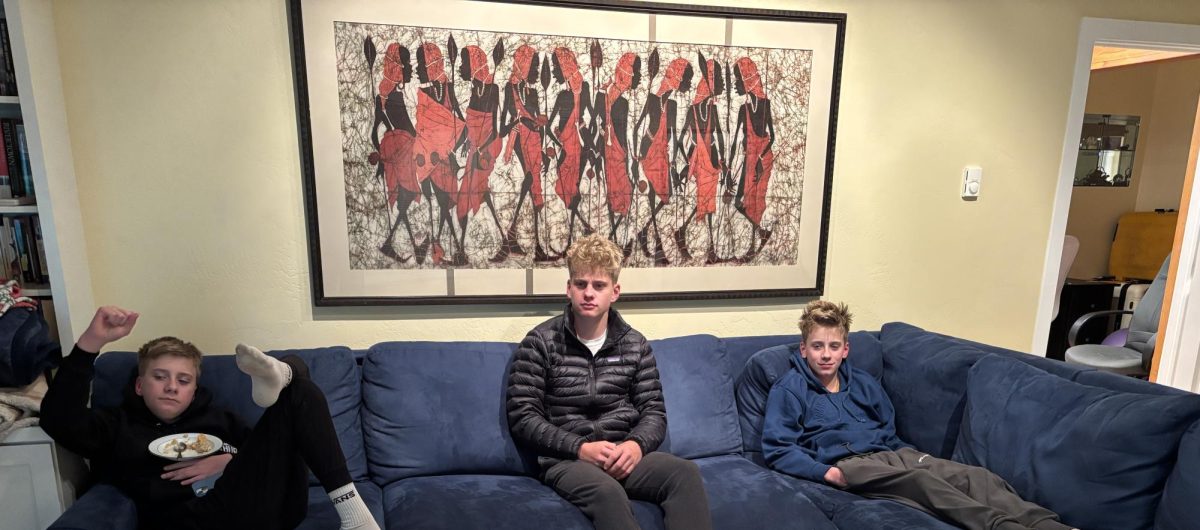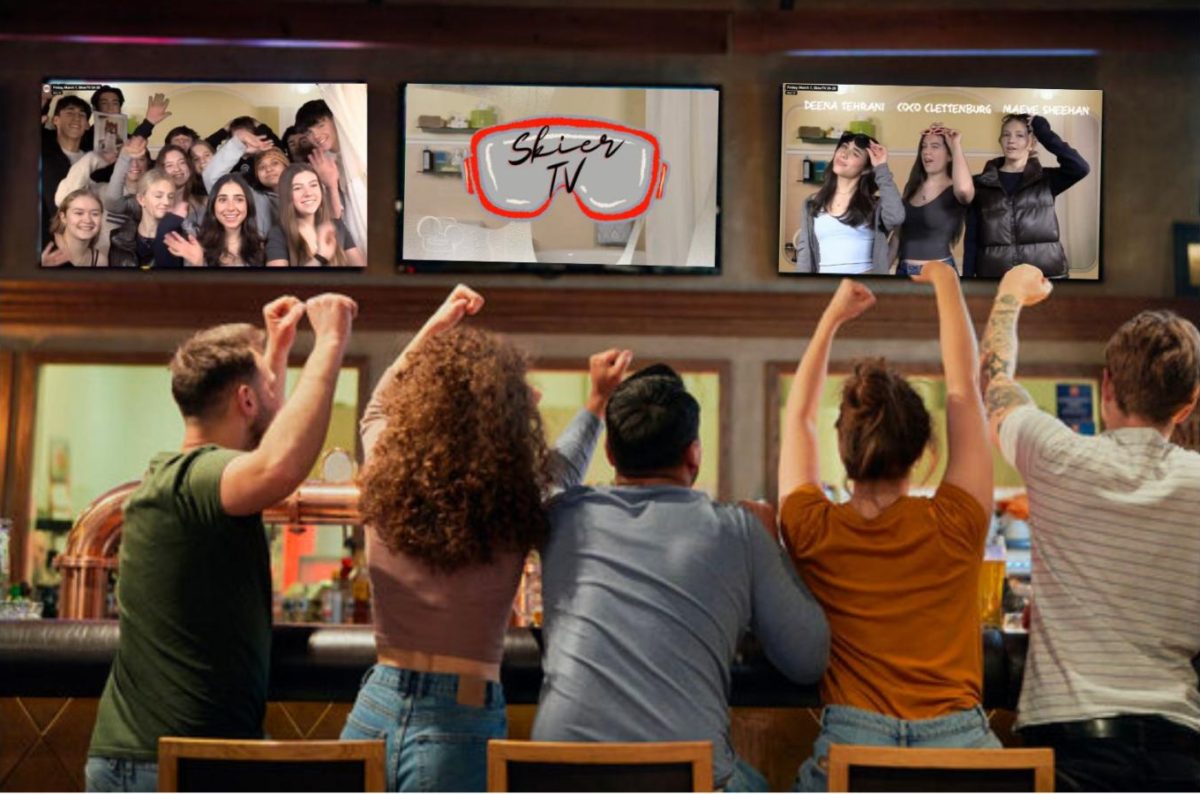Do yourself a favor, and go watch “A Simple Favor”

Photo courtesy of voxcinemas.com
The film cover for “A Simple Favor.”
Despite an abundance of grim and uncanny plot twists, A Simple Favor manages to incorporate a subtle and dark sense of humor into the film, making the audience ask themselves, “Should I be laughing right now?” Director Paul Feig (“Bridesmaids”) succeeds in almost every aspect of this film; creating a unique and interactive experience for the audience, introducing two strong female leads (Anna Kendrick and Blake Lively), and leaving the viewer with the question of “What did I just watch?” lingering in their head.
In A Simple Favor, Anna Kendrick plays the role of Stephanie Ward, a seemingly oblivious and naive mommy blogger. However, when her “best friend” Emily Nelson (played by Blake Lively) goes missing, Stephanie begins to work very closely alongside Emily’s husband to piece together Emily’s dark past. Through the use of flashbacks and anecdotes, Feig begins to unveil both of these moms’ gloomy pasts.
This film is a great token of feminism in the movie industry today, with two strong and noteworthy female leads. Blake Lively’s character is a tenacious, independent mom who has a very successful, high-paying job in the city. Lively’s character, Emily, represents the qualities which are most valued in our society; beauty, style, and wealth. These qualities are accentuated by her dazzling dialogue and her overpowering sense of confidence. In the movie, a new sense of feminism is portrayed when Emily advises Stephanie not to say sorry for every little thing she does wrong. In one of the final scenes, Emily says to Stephanie, “You don’t need to do that. You don’t need to apologize. It’s a f’d-up female habit. You don’t need to be sorry. For anything ever.”
Although Anna Kendrick’s character, Stephanie is meant to be the protagonist, the character’s excessive patience and chipperness slowly begin to annoy the audience, as another stereotypically double-standard for women is examined. However, as the film develops, the viewers discover that this chipperness may just be a mask to hide the trauma she’s experienced and the shame she carries.
Throughout the film, Feig does an exceptional job incorporating humor into such a dark and twisted plot. In one of the closing scenes, Stephanie and Emily exchanged a few very sarcastic comments after which many members of the audience chuckled aloud. They quickly covered their mouth in embarrassment, not knowing if that was an appropriate time to laugh.
This movie is a very unique and interactive experience for the audience and creates a fun challenge as the viewers attempt to piece together the mystery alongside the characters before another plot twist occurs, skewing every theory previously developed. This aspect leaves the audience pondering the movie for days and compels the viewers to turn around and rewatch the next available screening.

Maeve is a senior at AHS. This is her third year writing for the Skier Scribbler, now working as Editor-in-Chief. In her free time, she enjoys playing...























